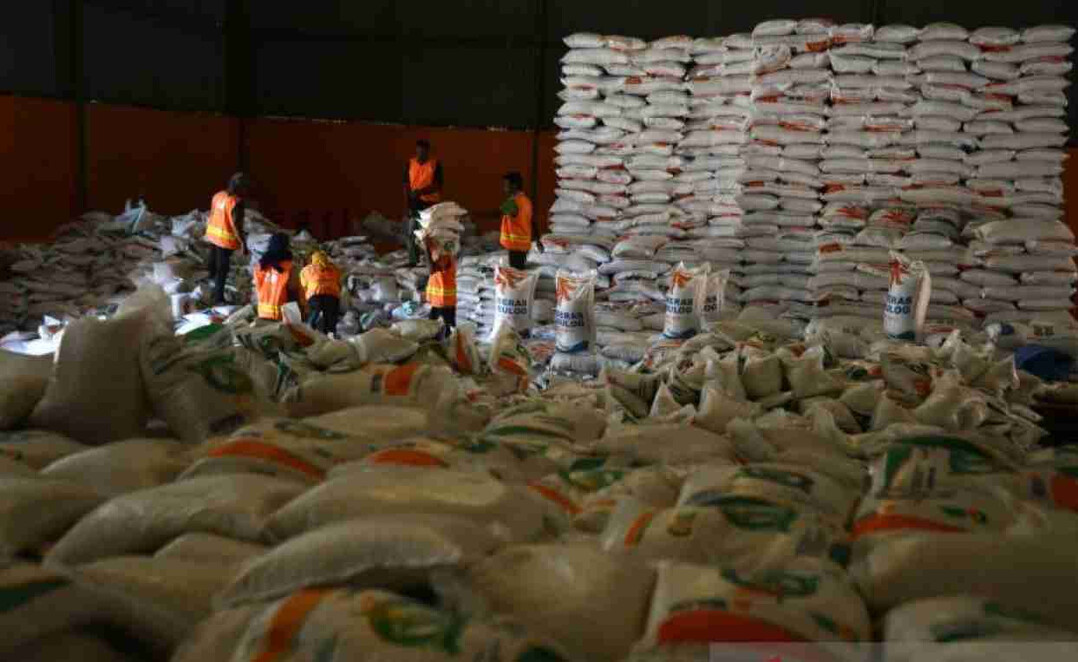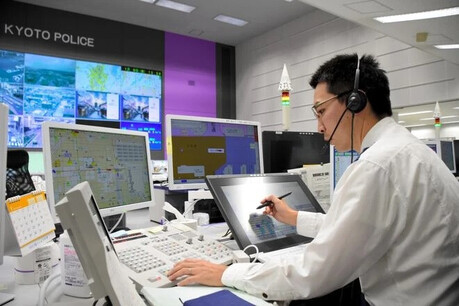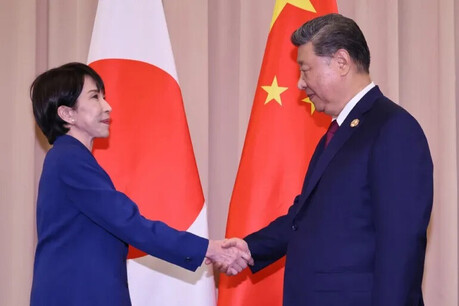
Jakarta, Indonesia – In a move aimed at bolstering Indonesia's food security, the government has announced plans to transform the state-owned food agency, Bulog, into an autonomous body.
Rice, a staple food for the vast majority of Indonesians, has long been a focal point of the country's food security strategy. Bulog, tasked with stabilizing rice prices, distributing rice for social programs, and managing food stocks, plays a pivotal role in ensuring that this essential commodity remains affordable and accessible.
However, Bulog has faced numerous challenges in recent years, including climate change-induced production fluctuations, global market volatility, and domestic distribution inefficiencies. These challenges have often led to fluctuations in rice prices, impacting millions of Indonesian households.
To address these issues, the government has decided to grant Bulog greater autonomy, allowing the agency to operate with more flexibility and efficiency. By transforming Bulog into an autonomous body, the government aims to:
Enhance operational efficiency: Granting Bulog more autonomy is expected to streamline its operations and reduce bureaucratic hurdles.
Improve decision-making: By freeing Bulog from excessive government oversight, the agency will be better positioned to make timely and informed decisions.
Strengthen market linkages: The transformation is expected to foster stronger ties between Bulog and the private sector, facilitating more efficient procurement and distribution.
"This transformation is a significant step towards achieving our goal of food self-sufficiency," said [Quote from relevant government official]. "By empowering Bulog, we are investing in a more resilient and sustainable food system."
The government believes that this move will not only help to stabilize rice prices but also improve the overall efficiency of the food supply chain. As Indonesia continues to grapple with the challenges of feeding a growing population, the transformation of Bulog is seen as a crucial step in ensuring food security for generations to come.
[Copyright (c) Global Economic Times. All Rights Reserved.]





























